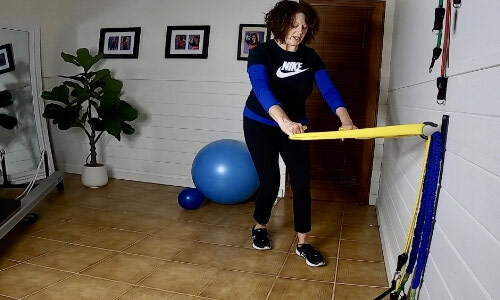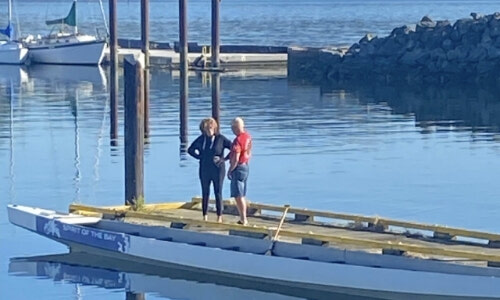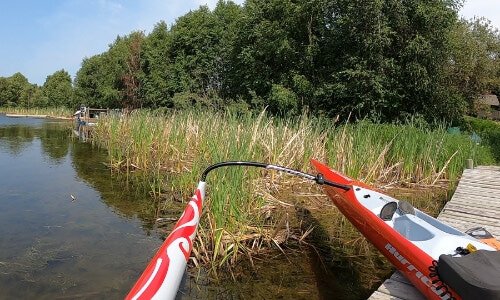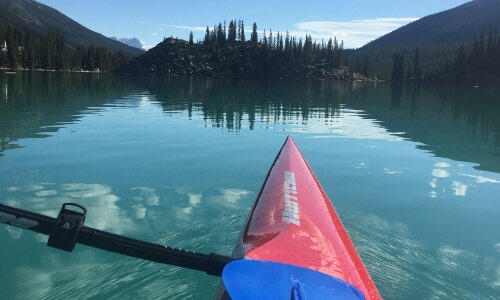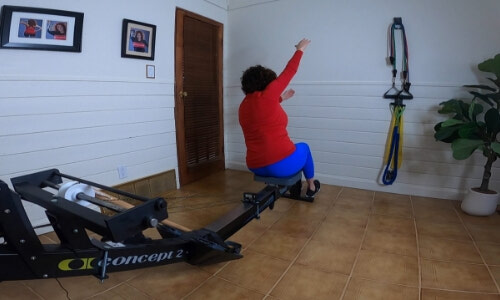I have spent the last 3 weeks, head down, writing water progressions. It’s a ton of work to get all these numbers jiving into a progression that you know will peak paddlers to perform at their best!
Here Is What I Know About Building A Progression:
Developing each energy system required to race each distance is essential to peaking paddlers. As dragon boat coaches we don’t always think in terms of zones of effort as tools for a race strategy but if you miss this element how can you ever develop a new gear?
Something that is woven in to my training from my time with Anna Mathisen is the importance of developing top end power if you want to get faster. This systemic way of using Strokes Per Minute as an OC paddler totally changed how I coach dragon boat. For example:
I realized that if my team can produce the same power at 49SPM as they can at 47SPM, they will be able to take more strokes and cover more distance. With this form of training I personally shaved 6 seconds of my OC time trial as I took 6 more strokes in the same race as I did before! Turns out, it works on the dragon boat the same way.
Developing A Race Strategy With Top End Power
Beginning with the end in mind and working backwards is pretty standard when coaches build water training progressions. But knowing what the goals of each portion of that race is where progression training can peak paddlers and teams can find new gears.
For example; a typical race consists of the
Start > Body of the race > Powers > Finishes
The key lies in developing each of those energy systems and peaking them for specific results. Lets talk specifically about power calls in a dragon boat race as I have been on boats where there was no reason for the call. So the question is:
Why do we do them?
When do we do them?
Do they produce the results we intended?
If all you do is spin though the water and exhaust your team there was no point and in fact it can slow a team that is not prepared. And, if your team is travelling the body of the race at their top speed with full stroke length, why call for power? Here are a few reasons why a drummer may call for power:
- Boat speed has dropped
- The boat has dropped in the water
- Another boat is near and you need a surge
- You are fighting wake of a boat that passed
Training teams to execute power for what is actually happening during a heat is a key part of building a race strategy. Progressing each energy system while using stroke mechanics give coaches tools they can use in races.
For example:
- The strategy of taking a few strokes of the start sequence to lift the front of the boat can help if the front end is plowing water
- Having the back of the boat push off their exit to get the front of the boat catching further up front can lengthen the stroke when paddlers have “gotten small”
Bottom line: Build your race strategy and develop the progression that will get results!
Author: Cheryl Roose
Find the course or program
|


